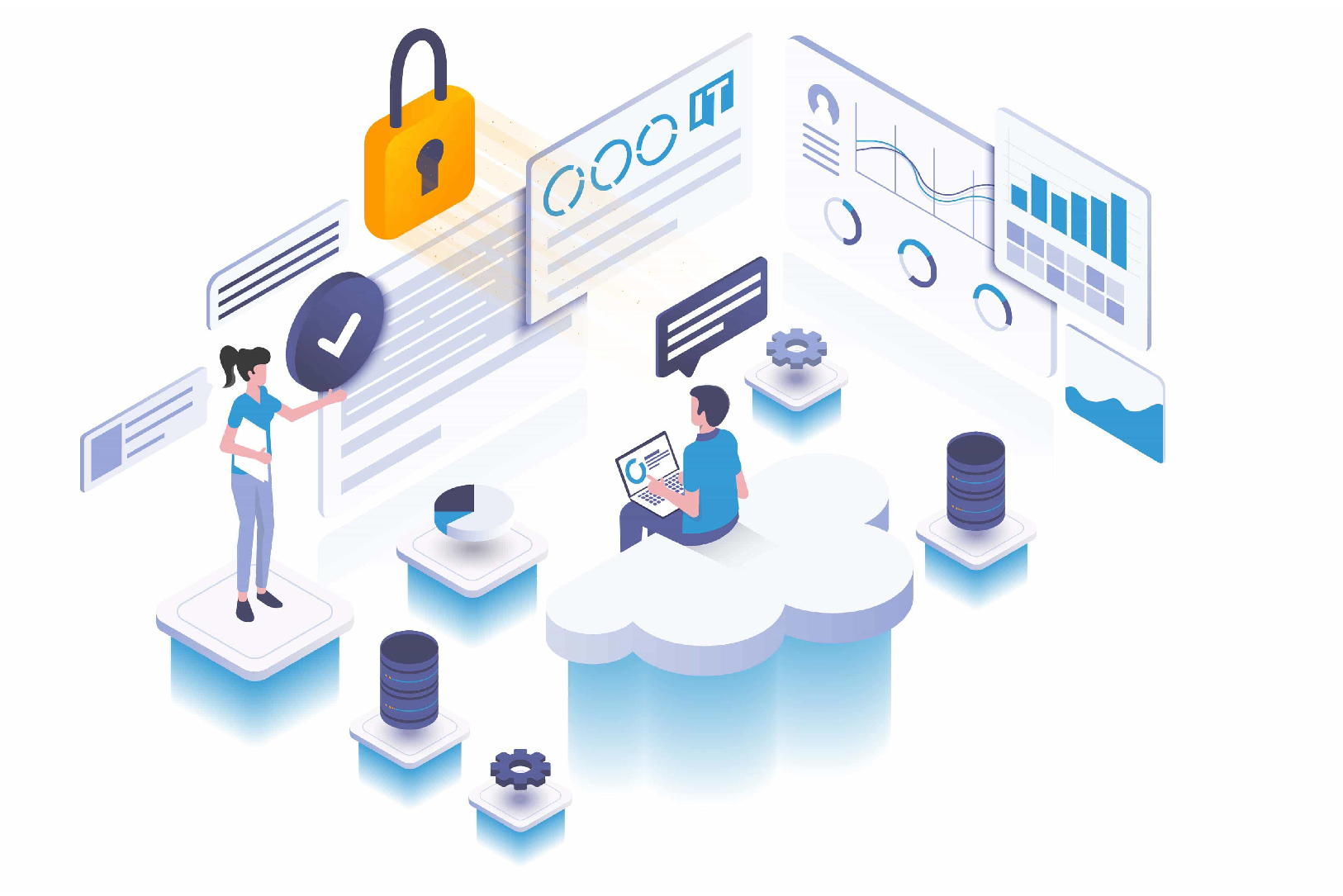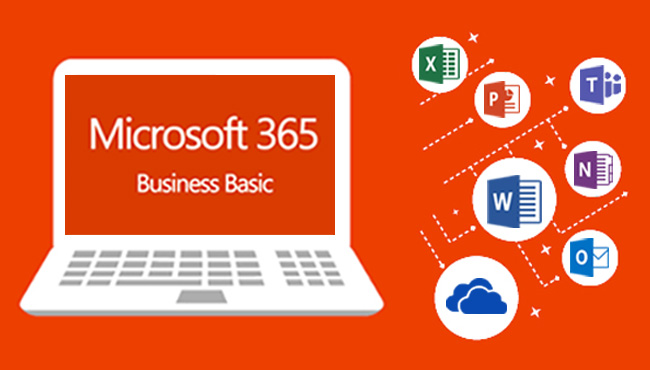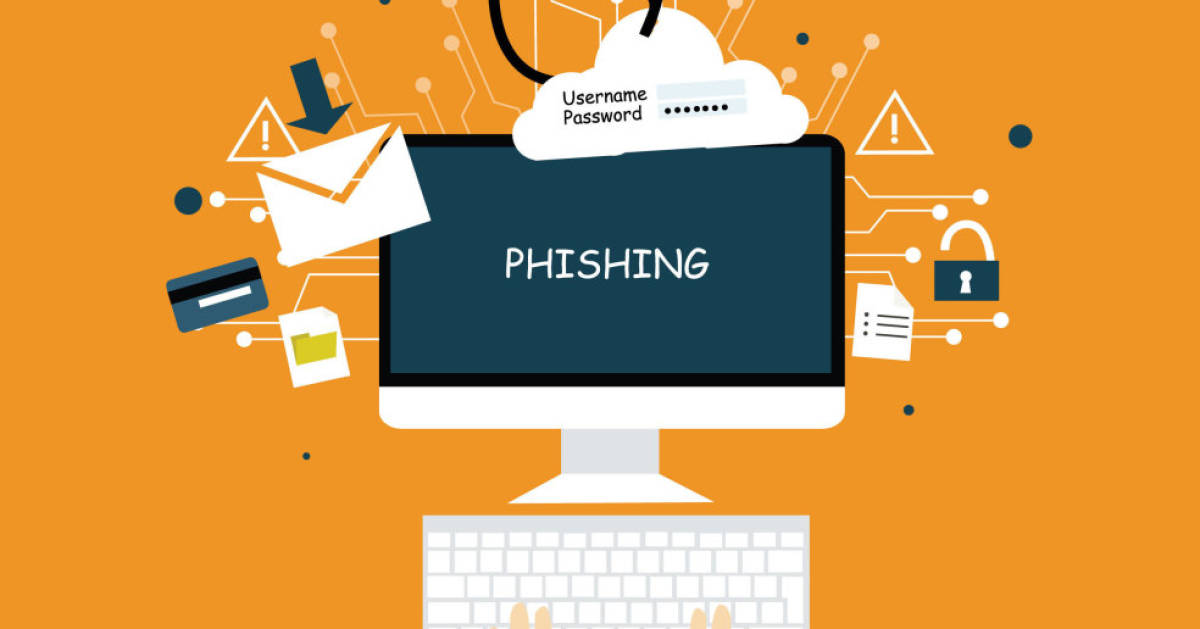The modern workplace has evolved rapidly in recent years, with remote work becoming more prevalent than ever before. The COVID-19 pandemic accelerated this trend, forcing businesses to adapt to remote work practices to ensure business continuity. In this blog post, we will explore the crucial role of IT in enabling remote work and discuss key considerations for businesses to ensure a successful remote work environment.
Setting up Secure Remote Access:
One of the first and most critical tasks for enabling remote work is setting up secure remote access to company resources. This involves implementing Virtual Private Network (VPN) solutions, multi-factor authentication (MFA), and other security measures to protect sensitive data and ensure that employees can securely access company resources from remote locations. IT teams need to ensure that remote access is encrypted, authenticated, and monitored to prevent unauthorized access and protect against data breaches.
Ensuring Reliable Communication and Collaboration Tools:
Communication and collaboration are essential for remote work success. IT plays a crucial role in ensuring that employees have reliable communication and collaboration tools in place. This may include tools such as video conferencing, messaging apps, project management software, and cloud-based document sharing and editing tools. IT teams need to ensure that these tools are properly configured, accessible, and supported to facilitate seamless communication and collaboration among remote teams.
Maintaining Data Security in Remote Work Environments:
Data security is a top concern for remote work. IT teams need to ensure that employees are following proper security protocols, such as using secure passwords, encrypting data, and avoiding public Wi-Fi networks for sensitive tasks. IT should also regularly update and patch software and systems to protect against known vulnerabilities. Implementing endpoint security solutions, such as antivirus software and endpoint protection platforms, can add an additional layer of security to remote work environments.
Managing IT Support for Remote Employees:
IT support is crucial for remote employees who may encounter technical issues while working remotely. IT teams need to establish effective support channels, such as helpdesk ticketing systems, chat support, or remote desktop support, to provide timely assistance to remote employees. IT teams should also ensure that remote employees have access to necessary documentation, user guides, and knowledge bases to troubleshoot common technical issues independently.
Training and Education for Remote Employees:
Proper training and education are vital for remote employees to effectively use IT tools and follow security protocols. IT teams should provide remote employees with training resources, tutorials, and documentation to ensure they are proficient in using remote work tools and adhering to security best practices. Regular reminders and updates on IT policies, security protocols, and remote work guidelines can help remote employees stay informed and vigilant about potential security risks.
In conclusion, the role of IT in enabling remote work cannot be overstated. As remote work becomes more prevalent in the modern workplace, businesses need to invest in robust IT infrastructure, reliable communication and collaboration tools, data security measures, and effective IT support to ensure the success of remote work initiatives.
Ready to empower your remote workforce? Implement these key considerations for a secure and efficient remote work environment. Foster productivity, collaboration, and flexibility while safeguarding sensitive company data. Start building your remote work success today!







